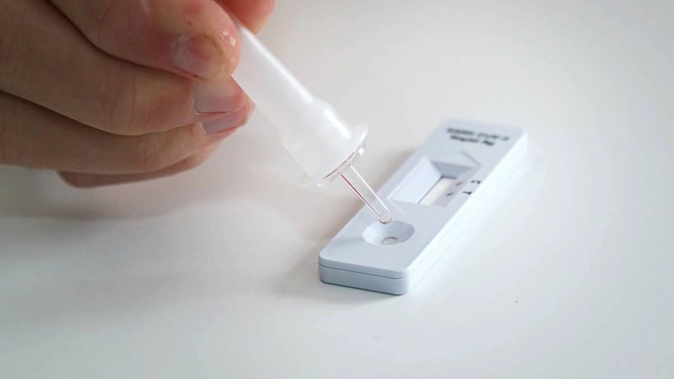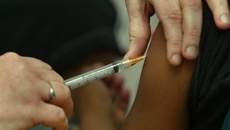
The head of Pathology Technology Australia (PTA) has revealed little known facts about rapid antigen tests which could be leading Covid-19 positive cases to produce negative results.
RATs are most accurate during a person's infectious period, so taking a test too early after infection or too late may alter the result.
A negative result one day can often be followed by a positive result one or more days later, so Dean Whiting, CEO of PTA, suggests repeat testing is needed to ensure accuracy.
On Wednesday, New Zealand recorded 9495 new Covid cases and 15 deaths.
Whiting is concerned negative tests are being interpreted as Covid-free, concealing the true extent of the current transmission rates.
"The public was told for months these tests weren't accurate enough, only for them to suddenly become a crucial diagnostic tool," Whiting told 7 News.
"There hasn't been sufficient time to adequately inform (the public)," he said.
Whiting is not alone in his concern, with the Therapeutic Goods Administration (TGA) having previously warned of testing errors that can lead to inaccurate results.
Eating and drinking, chewing gum, brushing your teeth and smoking up to 30 minutes before collecting saliva for a home test are among the everyday activities the TGA says can alter a test result.
It advises waiting 48 hours after coming into contact with a known Covid-positive person before completing a RAT, and within five to seven days after exposure.
A review of RAT kits and how sensitive they are to specific Covid-19 variants is currently being undertaken by the TGA.
The Ministry of Health in New Zealand says RATs are now Aotearoa's primary testing tool for people with Covid-19 symptoms or household contacts.
"If someone at higher risk of severe Covid-19 illness is a household contact, and has a negative RAT for Covid-19, a more sensitive PCR test may be needed. A health professional can advise you on the right test to take in your situation," the ministry says.
It advises different testing times for three scenarios:
Symptomatic person: Do a RAT test as soon as you have one. Test 48 hours later if you tested negative but still have symptoms. If you test negative again you should contact a health professional for support.
Household contact: Someone in your house tests positive for Covid-19. Do a RAT test 3 days after the case tested positive If you develop symptoms then you should follow the symptomatic person advice (above). If you don't develop symptoms, you should test again 7 days after the case tested positive.
Critical worker: Test each day you're working to check you're negative. You don't need to test on the days you are not working, but you still need to follow the CCES (Close Contact Exemption Scheme) guidance for critical workers.
- By Madeleine Achenza, news.com.au
Take your Radio, Podcasts and Music with you









